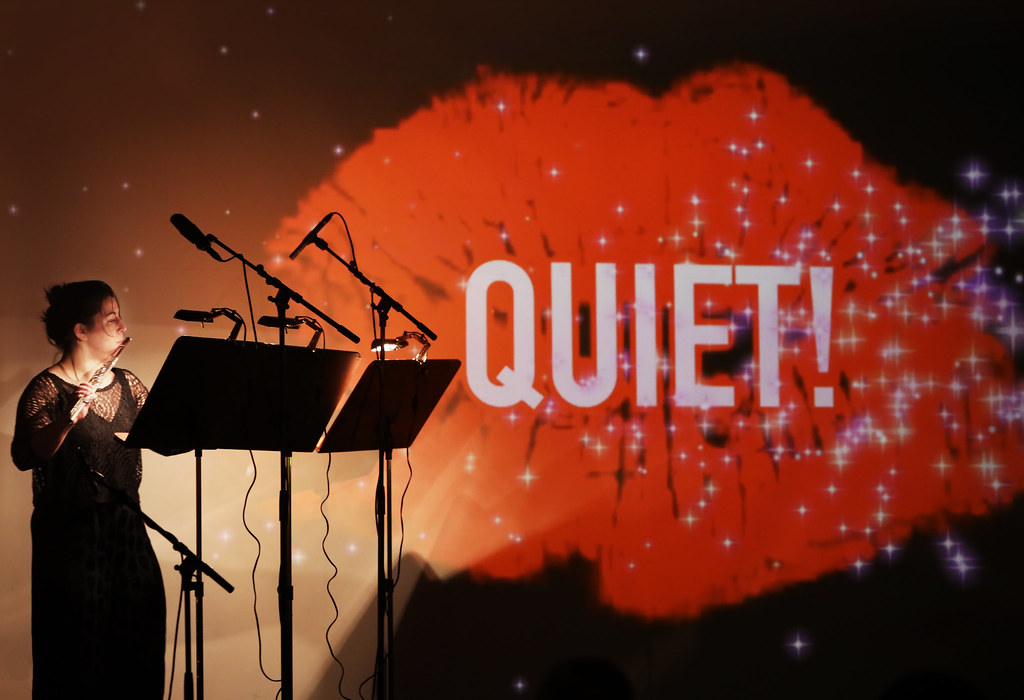Do you feel or sense music?

“Music evokes feelings in people.”
When someone makes this claim, the response is often nodding in agreement and spontaneous sharing of music memories, while others feel at least inner irritation or may voice their protest against the claim: “Music does not need to evoke emotions; emotional music is pathetic, embarrassing or even a little suspicious. It attempts to manipulate the listener, maybe distract them from critical thinking and intellectual aesthetic experiences!”
In this age of constant emotion talk, such irritation at or weariness with the bombardment of “emotional mush” from all directions is quite understandable. The 20th century art movement called formalism emphasised that art neither expresses nor conveys any particular (emotional) meaning, but is rather composed of forms alone – in the case of music, resonant ones.
Perhaps for these reasons, artists may even today avoid talking about emotions and emphasise overall expression over emotional meanings.
Emotions in our bodies
However, all human experiences are connected to emotions since they are based on corporeal sensations on a physical level. We experience our environment through our own body. Sensory perceptions relay diverse information about the environment that ties into learned, socially shared values as well as personal meanings and prior experiences.
The experiences caused by these processes may feel pleasant, neutral or unpleasant. They may evoke memories, associations, new thoughts – or just obscure, vague sensations.
Music, in particular, is a rich source of information that affects us in a multisensory fashion, through physical resonance, hearing and interactions in a social situation.
Nameless emotions
According to some emotion theories, emotions are formed through the process of acknowledging and naming corporeal experiences. What we call emotions – like joy and sorrow – are categories learned throughout our lifetime and under which we file our own experiences.
Sometimes we have no existing category for our sensations or the everyday emotional expressions seem inadequate to describe them. At such times, we may speak about an aesthetic experience, a spiritual moment or an indescribable sensation.
These types of categorisations are often not considered emotions as such, but like emotions, they are based on the same corporeal sensation processes.
Senses bring us to emotions
Musical experiences are not always just pleasant. Music can be disturbing, it may irritate, evoke aggressions or anxiety or make the listener curiously melancholic. Sometimes the experience is so strange that we do not know what we should be feeling or thinking about the experience. In these instances, many people may start to ask why anyone would want to create, let alone listen to, something like this.
An often expressed claim about the difference between art and entertainment may in part attempt to explain this phenomenon: it states that art does not attempt to please but shake and even shock, whereas entertainment strives to provide the audience with enjoyment. Whether or not entertainment automatically only evokes positive feelings or whether a shaking experience always has to be negatively biased is, of course, a topic of contention. Contemporary art has viewed beauty, idealism or expression that focuses on clearly positive emotions with some scepticism for well over a century, fearing that these things will easily slip into banality. The experience scale offered by entertainment often looks more versatile, with the specific desire to offer the audience emotional experiences.
We can, of course, ask if it is even necessary to build such walls between art and entertainment. Perhaps strong, entertaining emotional experiences can be a key part of artistic expression and, in turn, entertainers can attempt to shock or intellectually challenge their audience.
Sensory experiences and distraction from everyday life are, after all, the main reasons for a listener to seek out music.
Text:
Henna-Riikka Peltola
Docent, Assistant Professor of Musicology, University of Jyväskylä
Image: Maarit Kytöharju – Lina Andonovska, Musica nova 2019
